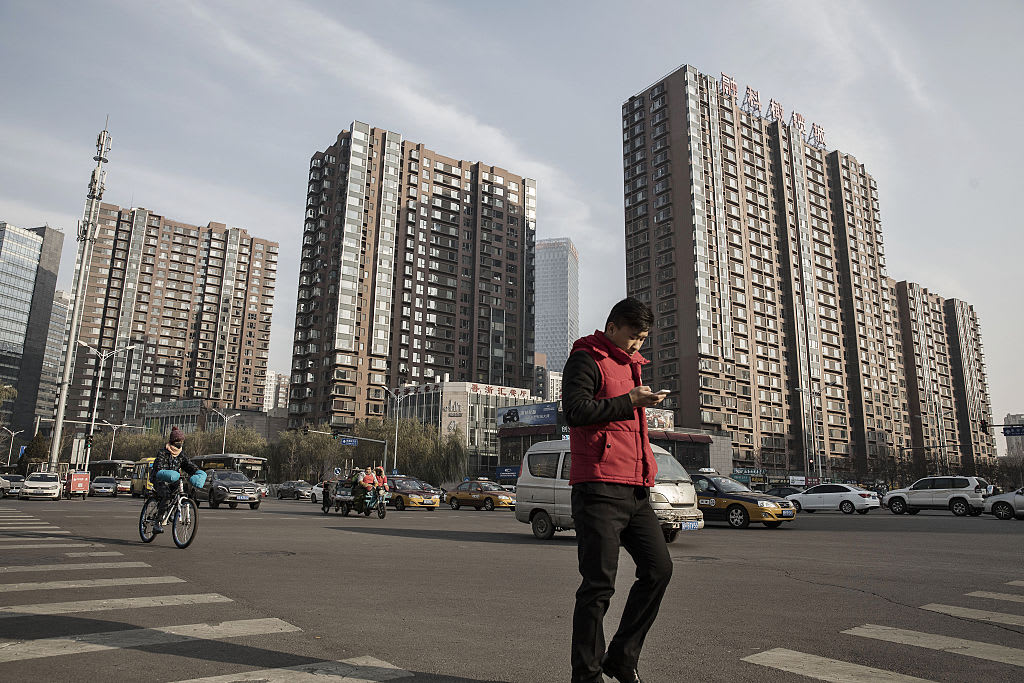
SINGAPORE — Global real estate prices have largely held their own in the face of an unprecedented economic hit from the coronavirus pandemic, says Sean Darby, global head of equity strategy at Jefferies.
“It’s been perhaps one of the most fortunate events for policymakers in that we’ve not really seen any significant declines in global property prices,” Darby told CNBC’s “Street Signs Asia” on Monday.
Underlying demand in places such as the U.S., U.K. and China have been “very strong,” Darby pointed out.
This has served as a “huge backstop” for policymakers as they grapple with the economic meltdown of the pandemic, he said. “Importantly, it has really allowed the domestic banking system to be relatively unimpaired by asset deflation.”
He said Australia has been an exception and property prices there have seen a “modest decline.”
China’s ‘robust’ property sales
As China continues to see a strong recovery from the pandemic, some analysts have voiced concerns the Chinese property sector may be overheating.
Shares of the country’s second-largest developer by sales, Evergrande, were hit by a wave of volatility in September following the release of a leaked document that raised questions over the firm’s liquidity position.
A pedestrian crosses a road in front of residential buildings in Beijing, China.
Qilai Shen | Bloomberg | Getty Images
Asked if concerns over Evergrande were representative of the wider real estate sector in China, Darby said the firm is a “really isolated” case.
“I think (Evergrande) represents sort of the older style of managing a business,” the strategist said. “There’re a large number now of companies in China which are not debt-incumbered at all and indeed many of the state-owned or state-related property companies in China don’t have much debt at all.”
“I think the underlying property sales in China have been extraordinarily robust in the first six months after Covid-19 struck,” Darby said, adding that the sector’s strength has served as “insulation” for the Chinese economy.
Source: CNBC
